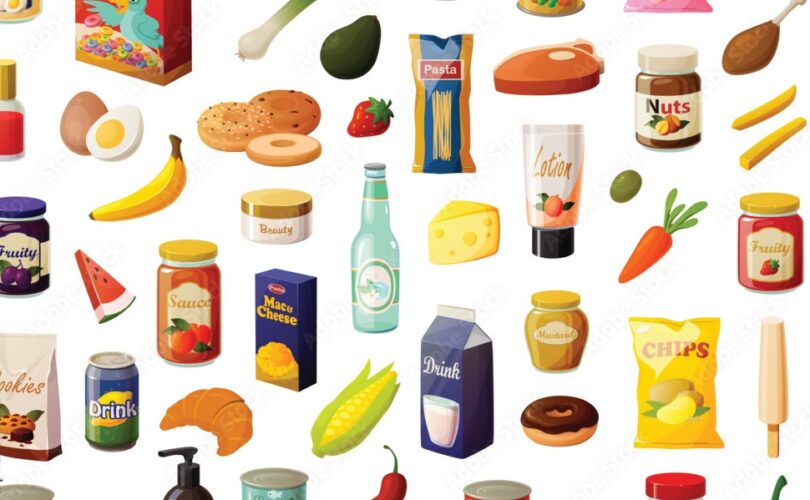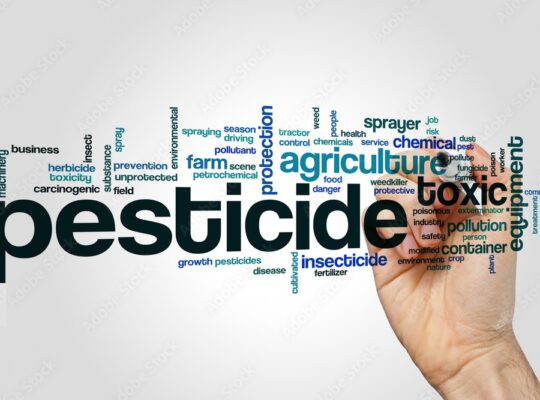In India, the rise of processed snacks and convenience foods has become a significant concern, mirroring a global trend that has been linked to a host of health issues. As busy lifestyles and demanding schedules become the norm, quick and easy meal options have gained popularity, often at the expense of nutritional value and overall well-being. However, beneath the alluring convenience of these packaged products lies a hidden world of detrimental effects, posing a serious threat to the health of individuals and the environment.
Excessive Sugar and Artificial Sweeteners
Processed snacks and convenience foods are often laden with excessive amounts of added sugar and artificial sweeteners, which contribute to a surge in blood sugar levels, spiking insulin production, and leading to a vicious cycle of energy crashes and cravings. This constant bombardment of sugar can also increase the risk of developing type 2 diabetes, a growing concern in India, where the prevalence of this chronic disease is steadily rising.
Unhealthy Fats and Trans Fats
The abundance of processed foods in the Indian market often translates into an increased intake of unhealthy fats and trans fats. These harmful fats are associated with a heightened risk of cardiovascular diseases, including heart attacks and strokes, which are major causes of mortality in India. Moreover, trans fats can elevate LDL (bad) cholesterol levels while lowering HDL (good) cholesterol, further exacerbating cardiovascular risks.
High Sodium Content
Processed snacks and convenience foods are notorious for their high sodium content, often exceeding recommended daily limits. Excessive sodium intake can lead to high blood pressure, a significant risk factor for heart disease, stroke, and kidney disease. In India, where hypertension is a prevalent health concern, the overconsumption of processed foods further escalates the risk of these chronic conditions.
Nutritional Deficiencies
The allure of processed snacks and convenience foods often comes at the expense of essential nutrients. These products are often stripped of vital vitamins, minerals, and fiber, essential components of a healthy diet. The lack of these nutrients can lead to various health complications, including weakened immune systems, impaired cognitive function, and increased susceptibility to infections.
Environmental Impact
The production, packaging, and disposal of processed snacks and convenience foods have a significant negative impact on the environment. The energy-intensive manufacturing processes, the non-biodegradable packaging materials, and the waste generated all contribute to environmental degradation and resource depletion. In a country like India, where environmental concerns are increasingly pressing, the consumption of these products adds to the existing environmental challenges.
Making Informed Choices
To combat the hidden dangers of processed snacks and convenience foods, it is crucial to make informed choices and prioritize healthier alternatives. Embracing a diet rich in whole grains, fresh fruits and vegetables, and lean proteins can significantly reduce the risk of developing chronic diseases and improve overall well-being. Additionally, supporting local farmers’ markets and choosing minimally processed foods can help reduce the environmental footprint of food choices.
Conclusion
The growing prevalence of processed snacks and convenience foods in India presents a significant challenge to the health and well-being of the nation. Understanding the hidden dangers of these products, including their excessive sugar, unhealthy fats, high sodium content, and nutritional deficiencies, is crucial for making informed food choices. By prioritizing whole, unprocessed foods, individuals can protect their health, contribute to environmental sustainability, and promote a healthier lifestyle for generations to come.







